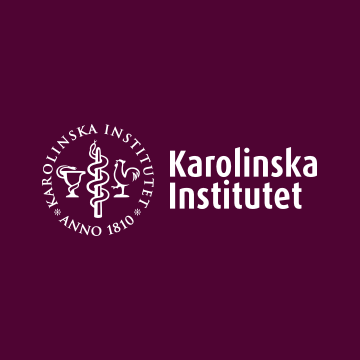
A comprehensive study from the Karolinska Institutet in Sweden has shed light on the intergenerational transmission of mental health problems. The research, which utilized nationwide Swedish registers, followed millions of parents and their children over several decades. It highlights critical findings about how mental health issues can pass from one generation to the next and identifies strategies for breaking this cycle.
Mengping Zhou, a PhD student at the Department of Medical Epidemiology and Biostatistics, led the research, focusing on the implications for families and society. Her study reveals that while mental health problems can resonate across generations, they are not predestined. By enhancing the family environment—through treating parents’ mental health issues, promoting positive parenting, and alleviating household stress—it may be possible to disrupt this cycle.
Zhou’s findings offer a hopeful perspective. “First, most children are resilient,” she states. Among children whose parents had psychiatric conditions, 80% were never diagnosed with any psychiatric disorder by middle adulthood. This statistic provides reassurance to parents concerned about the potential impact of their mental health issues on their children.
Moreover, the research indicates that the vulnerability to mental health problems is broad rather than specific. It suggests that a general susceptibility to psychological distress and behavioral issues is passed from parents to children, rather than a direct risk of a particular condition. Zhou emphasizes that both genetic and environmental factors play a role in this transmission. While shared genes and familial environments contribute significantly to observed parent-child associations, the nurturing environment also holds considerable importance.
Mental health problems are prevalent and often cluster within families, affecting not only mental well-being but also behavior, education, and social functioning. Understanding the mechanisms behind this phenomenon motivated Zhou to delve into this area of research. She asserts, “Understanding why this happens and how we can break these cycles motivated me to focus my research on this topic.”
Zhou advocates for a family-focused approach to mental health care. Her studies indicate that by strengthening the family environment—through treatment of parental mental health issues, support for positive parenting, and reduction of household stress—the cycle of mental health problems can be interrupted. She calls for further research to explore the importance of early intervention and family-oriented support in mental health care practices.
This groundbreaking research from Karolinska Institutet not only enhances our understanding of familial mental health dynamics but also points toward actionable steps that can be taken to foster healthier environments for future generations. By recognizing the potential for resilience and the impact of positive interventions, families can take proactive measures to safeguard their mental health across generations.







